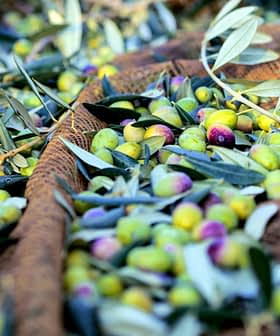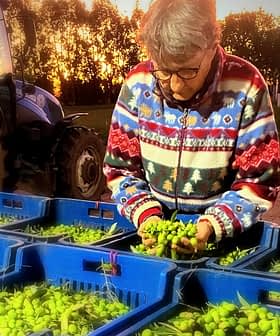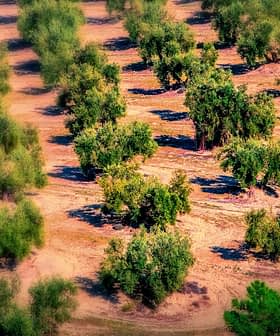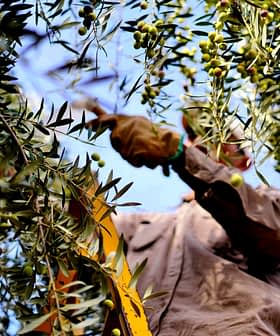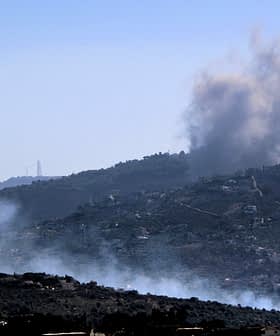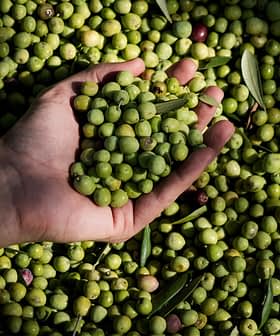Jordan Braces for Disappointing Harvest Amid Low Oil Yields
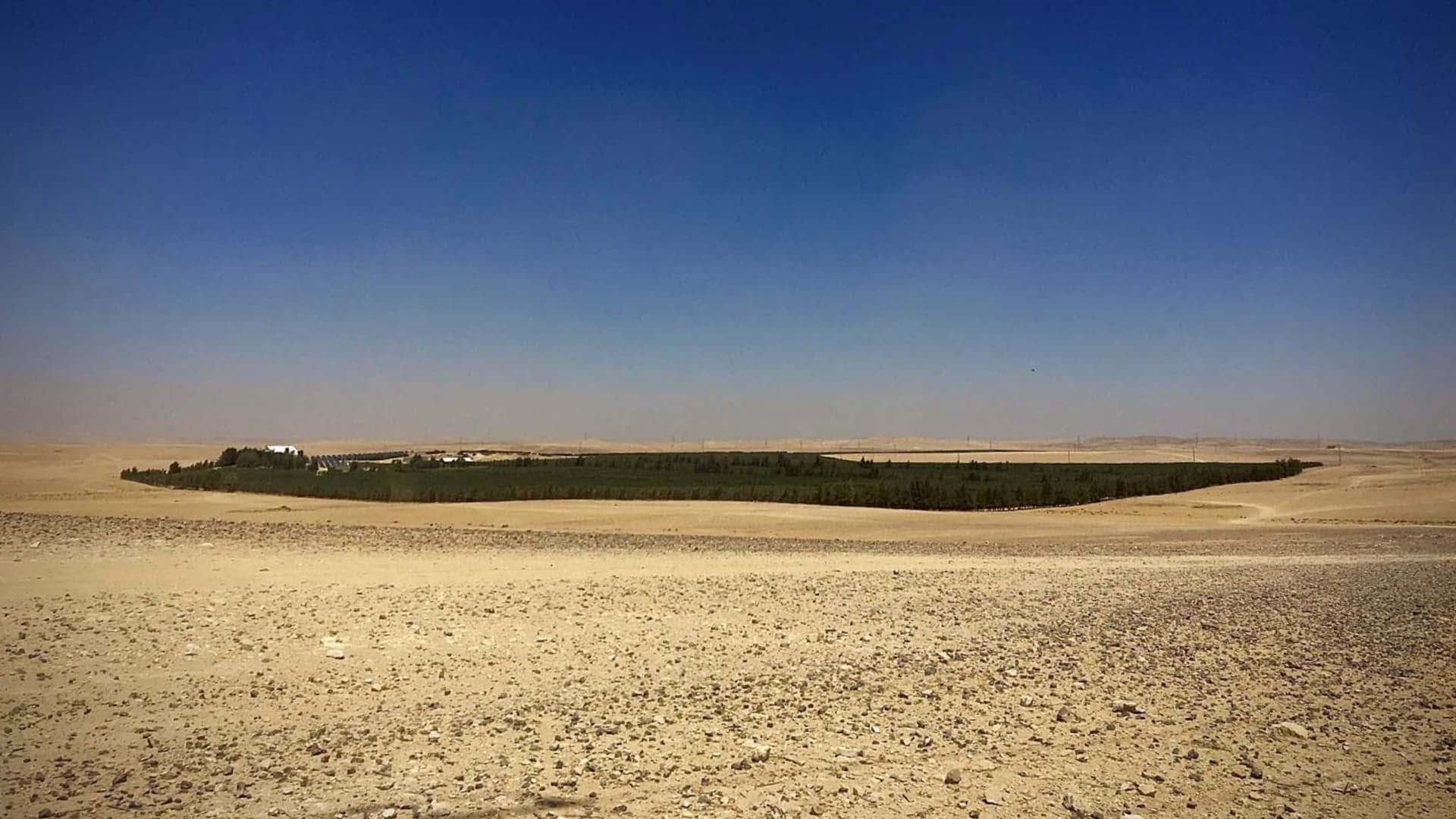
Lower-than-expected olive milling yields in Jordan are affecting olive oil production volumes, with the Ministry of Agriculture estimating that around 143,000 tons of olives will be used to produce 26,000 metric tons of olive oil this season. Despite challenges such as low conversion yields due to climate change, some areas like Jerash governorate have seen good yields, although authorities are warning consumers about counterfeit olive oil and encouraging farmers to delay harvest to improve oil quality.
Lower-than-expected olive milling yields are affecting olive oil production volumes in Jordan.
According to the latest estimates by the Ministry of Agriculture, around 143,000 tons of olives harvested in the country will be used to produce olive oil this season.
Ayman Al-Oran, the ministry’s assistant secretary-general of plant resources, said olive oil production is expected to surpass 26,000 metric tons, aligning with the five-year average of 27,000 tons.
See Also:Farmers and Officials in Jordan Work to Protect Millennial Olive TreesThese projections revise the more optimistic estimates recently suggested by Minister of Agriculture Khaled Al-Hanifat, who indicated that production could reach 30,000 tons in the 2024/25 crop year.
However, farmers in certain regions report low conversion yields, meaning the quantity of olive oil extracted from the fruit is falling short of expectations.
Mahmoud Al-Auran, the director of the Jordanian Farmers Union, attributed part of this issue to climate change. Average temperatures have consistently been above normal, affecting oil accumulation.
Despite these challenges, not all areas of Jordan were impacted.
“Yield and quality are both good this year,” said Amelia Bilbeisi, co-founder of the award-winning olive oil producer Al-Maida.
Most growers in Jordan did not face the extreme weather events that hit other parts of the Mediterranean basin.
“The weather went as expected,” Bilbeisi said. “Preparations were on track for harvesting,” she added.
The presence of the olive fruit fly was also less significant compared to other seasons.
“In some areas of Jordan, we saw farms affected by disease during the season, but we were not impacted,” Bilbeisi said.
In Jerash governorate, one of the country’s key olive oil-producing regions, mills have been operating at total capacity for several weeks.
Fayez Al-Khalayleh, the director of agriculture in Jerash, noted that “some farmers started harvesting early, while others waited for more rain.”
Authorities have encouraged farmers to delay their harvest to improve oil yields.
However, they have also issued warnings to consumers about counterfeit olive oil.
Given the high prices of genuine olive oil, fraudulent products may be sold, which may contain little or no actual olive oil and could include harmful substances.
Authorities believe that much of this counterfeiting targets consumers who lack sufficient knowledge about the product.
Mahmoud Al-Omari, spokesperson for the Association of Olive Oil Millers and Producers, indicated that a ten percent increase in overall olive production compared to last season is still anticipated.
Nevertheless, the association cautioned that delaying the harvest could negatively impact the quality of the oil.
Bilbeisi also noted some pressure on high-quality producers like Al-Maida. “Having won previously in the NYIOOC does add pressure on us as producers, but I believe it’s positive. Quality is always our priority, guiding us toward achieving consistency,” she said.
The olive harvest in most regions of Jordan is expected to conclude within the first two to three weeks of December.



